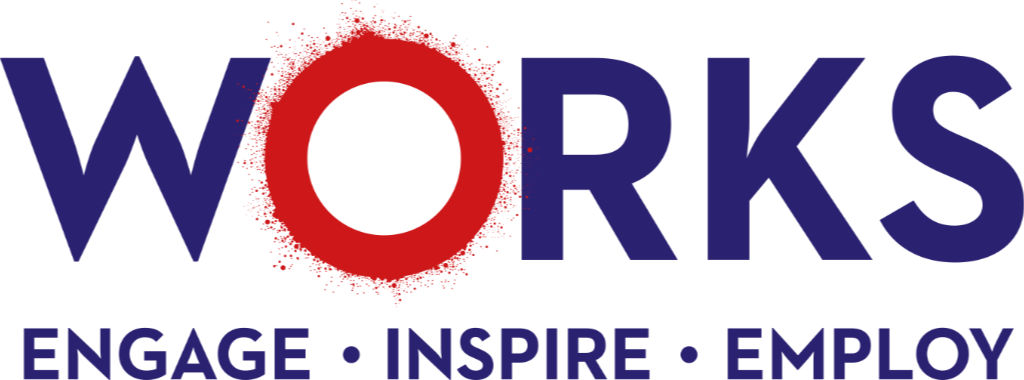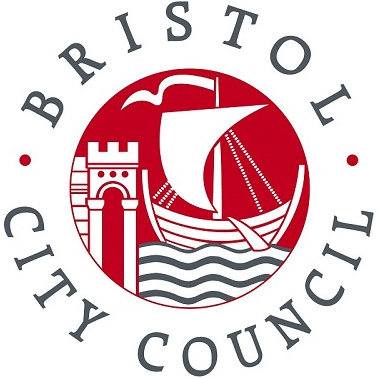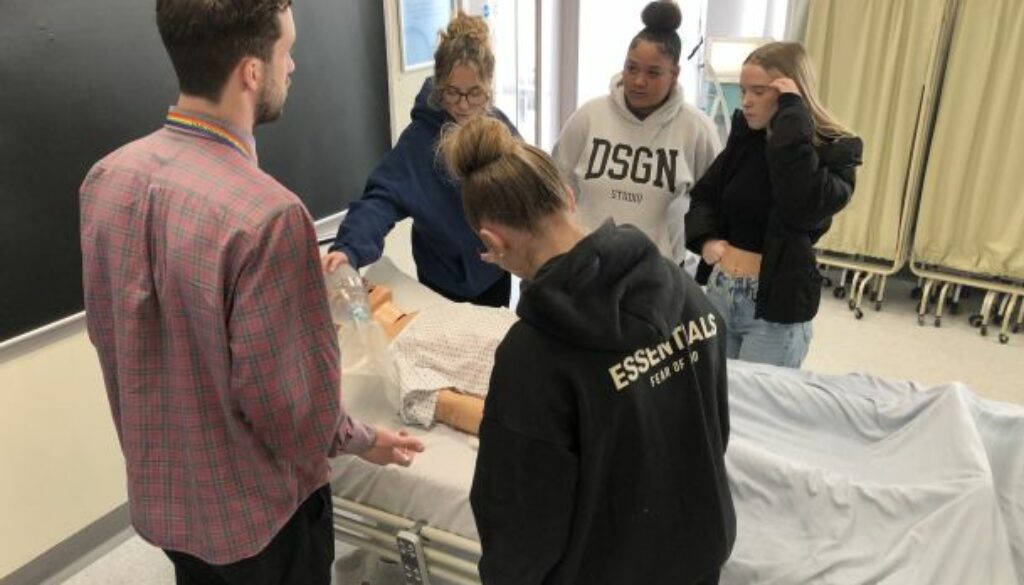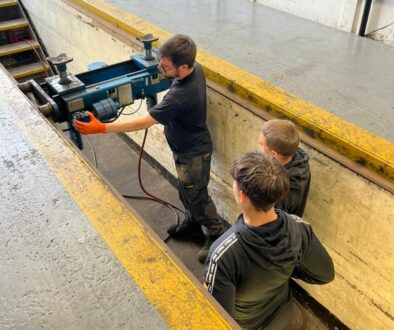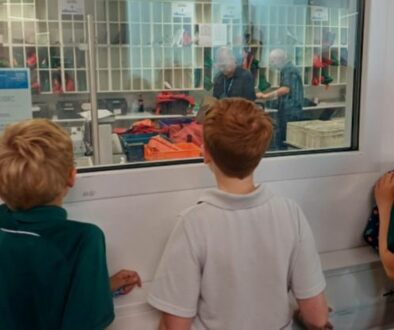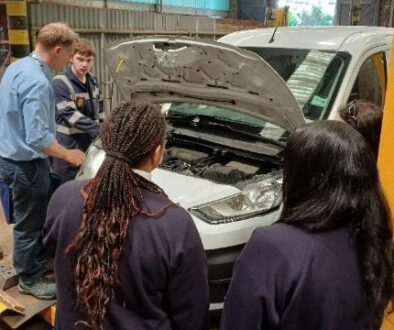First hand careers in health care with UHBW
Bristol WORKS supported a group of Year 11 aspiring health care professionals from St Bernadette’s at an event at the Simulation Centre at University Hospital Bristol and Weston NHS Foundation Trust. Students began the session by sharing the area of health care they were interested in, or which age group of people they would like to support. They were all surprised to hear that additional to the health care roles they already knew about, such as nurses and doctors, that there were in fact around 360 roles within a hospital.
After learning about some of these roles in more detail, students were split into two groups and tasked with prioritising a list of patients from most to least urgent in relation to when they needed to be seen. This activity was intentionally designed to promote discussion as the priority list could have been created correctly in several different ways. Students had to justify why they thought they would see a patient over another one.
As a way for students to begin to visualise themselves in healthcare roles, they selected from a list of traits which they thought best described themselves. On a subsequent slide, these were then categorised into colours which linked to certain roles such as a midwife or a nurse. Students found this experience useful and appreciated being able to imagine themselves in a healthcare role in the future.
Moving through to the simulation area, students were split into two teams for a competition. They were tasked with verbally passing some medical information about a patient around their circle, whilst other members of the team had to clap and throw a tennis ball between each other. The point of the activity was to demonstrate how challenging it can be to communicate effectively in a high-pressure environment. Initially, by the time the information had been passed around the circle, it was significantly different from what was first said. The group discussed how they could improve their efficiency during this task, and then when trying it for a second time, they took notes whilst listening to the information and tried to summarise. Both skills useful in health care professions, students practiced their concise note taking and focus during this activity.
After first observing a demonstration of how to respond to a cardiac arrest, students then talked the staff through the steps before themselves working in teams to deliver CPR to a mannequin patient. One of the team members used an AED to deliver a shock to the patient as part of the procedure. Even though this was a simulation scenario, students benefitted enormously from practising their response to a challenging scenario through working calmly and collectively as a team.
Students and staff from St Bernadette’s all reflected on what a fun and valuable experience this was, and students were all grateful to be able to write about first-hand experience when applying for healthcare roles in the future.
